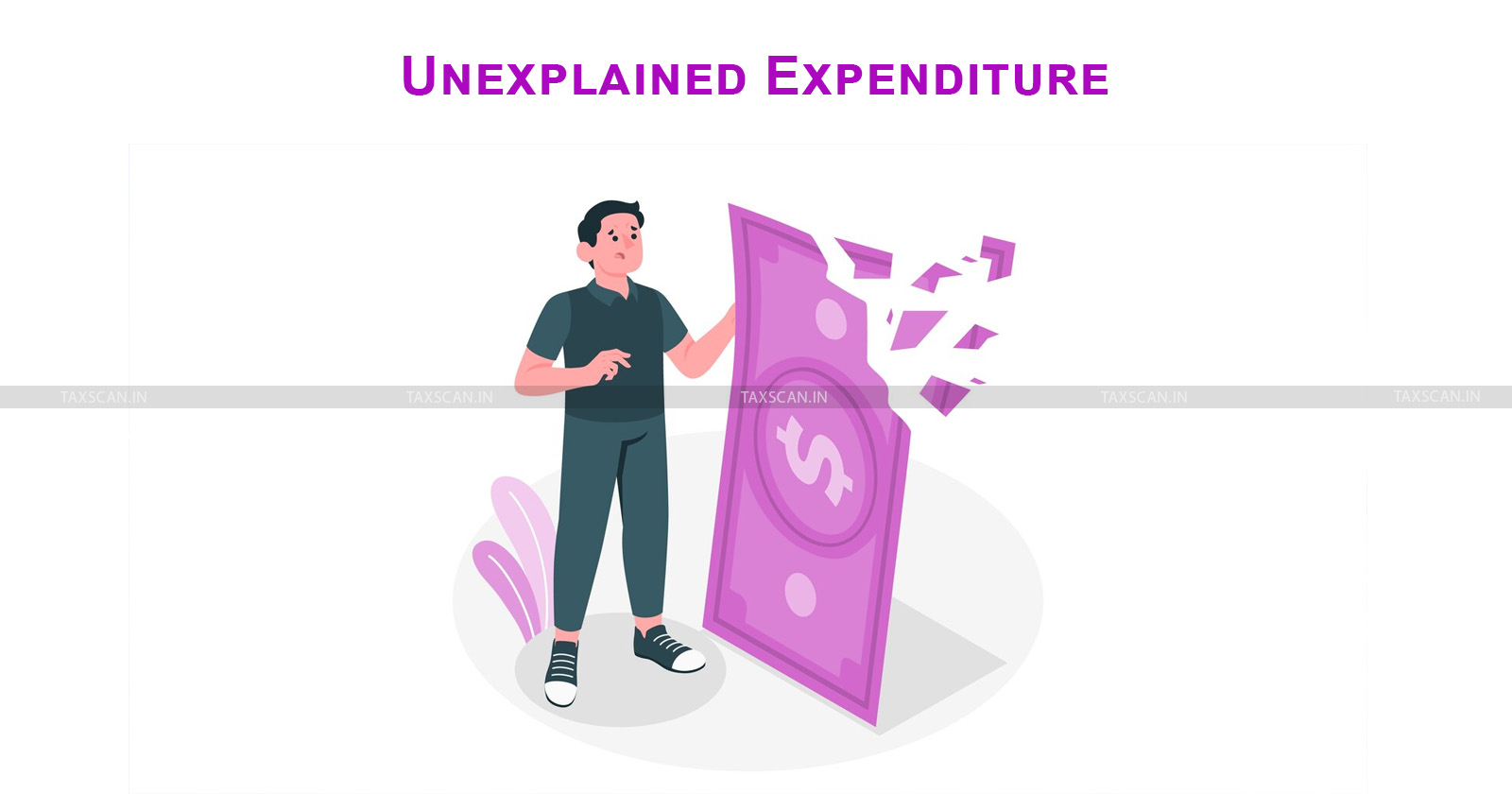Addition on Unexplained Expenditure cannot be Merely Based on CBIC Instruction: Delhi HC [Read Order]
The court held that the order is unsustainable as the assessing officer must have some material to indicate that an expenditure has been made to make an addition, which he failed so

Delhi high court – CBIC – Central board of Indirect taxes and customs – CBIC instructions – TAXSCAN
Delhi high court – CBIC – Central board of Indirect taxes and customs – CBIC instructions – TAXSCAN
The Delhi High Court in a recent case has held that addition on unexplained expenditure cannot be merely based on Central Board of Indirect Taxes and Customs ( CBIC ) instruction. It was viewed that the Assessing Officer ( AO ) must have some material to indicate that an expenditure has been made to make an addition, while the only material are the cumulative amounts, as mentioned by CBIC, without details of any expenditure.
Bausch and Lomb India Private Limited, the petitioner/assessee has filed the petition challenging an assessment order passed under Section 143(3) read with Section 144B of the Income Tax Act, 1961, in respect of the assessment year 2022–23 relevant to the previous year 2021–22. Although the assessee has an efficacious remedy of an appeal, the assessee seeks to pursue the present petition, confining the challenge to the order, on the ground that the order was passed in violation of the principles of natural justice.
The AO has added a sum of Rs. 70,10,37,475 to the total income as declared by the assessee as unexplained expenditure under Section 69C of the Income Tax Act. In addition, the Assessing Officer has also initiated penalty proceedings under Section 271AAC(1) for concealment of income.
The issue was related to the declaration of the purchases made by the assessee during the previous year (2021–22). The assessee was called upon to submit the details of the same and had done so. The assessee submitted that its entire purchases were imports, and details of the same were provided. However, the assessing officer found that the declaration was incorrect and the assessee had not disclosed the purchases made in full. The addition made by the Assessing Officer under Section 69C is in respect of the quantum of purchases allegedly concealed by the petitioner.
The assessee had disclosed purchases, and they were duly reflected in the books of accounts of the assessee. However, according to the Assessing Officer, the assessee has made purchases for a value of Rs. 2,21,51,93,180. The Assessing Officer based the conclusion entirely on the information received from the CBIC to the effect that the goods purchased or imported by the assessee during the relevant previous year were worth Rs. 2,21,51,93,180.
The Assessing Officer had relied solely on the assumption that the information provided by CBIC was correct, notwithstanding that it had not disclosed the details of any import bills and that no reconciliation in this regard was carried out. The AO had faulted the assessee for not reconciling the information regarding the quantum of purchases made as received from CBIC with that as disclosed by the assessee.
It was noted that the AO also had no knowledge as to which import or purchase made by the assessee was not disclosed by the assessee, as the Assessing Officer also had no such information.
The division bench of Justice Vibhu Bakhru and Justice Tara Vitasta Ganju observed that “Merely proceeding on the basis that CBIC is an apex body and therefore, information provided by it cannot be doubted, without even identifying or meaningfully analyzing such information, is wholly insufficient to proceed to make an addition.”
The court held that the order is unsustainable and has been passed in violation of principles of natural justice. It was viewed that the assessing officer must have some material to indicate that an expenditure has been made to make an addition, while the only material are the cumulative amounts, as mentioned by CBIC, without details of any expenditure.
To Read the full text of the Order CLICK HERE
Support our journalism by subscribing to Taxscan premium. Follow us on Telegram for quick updates


